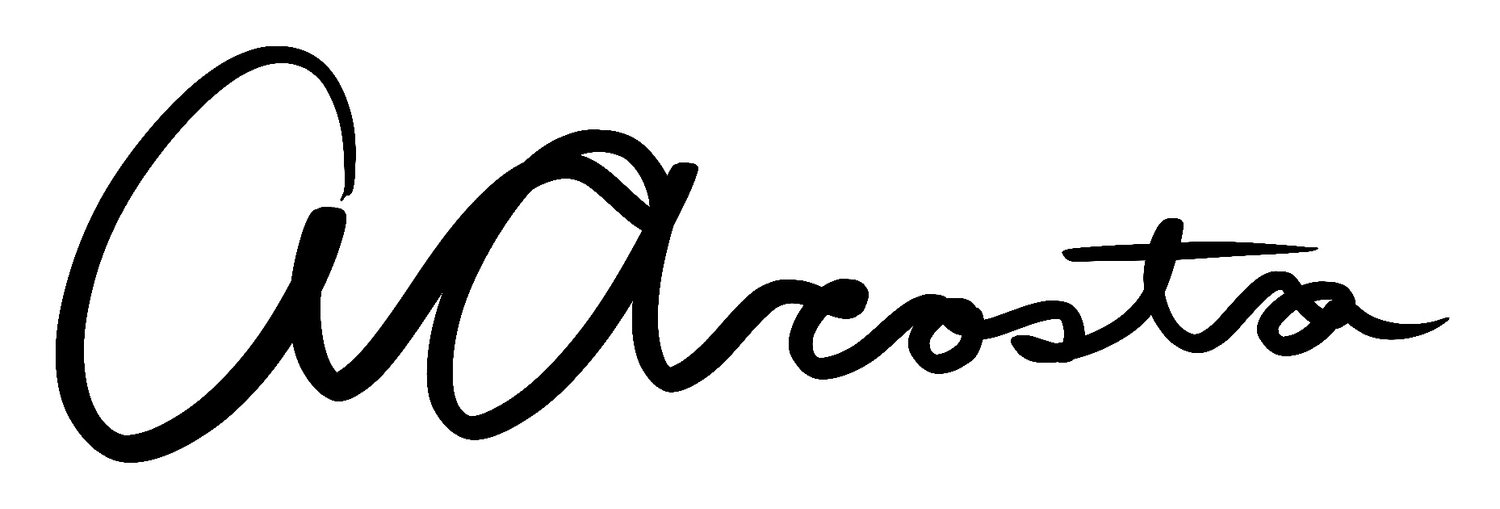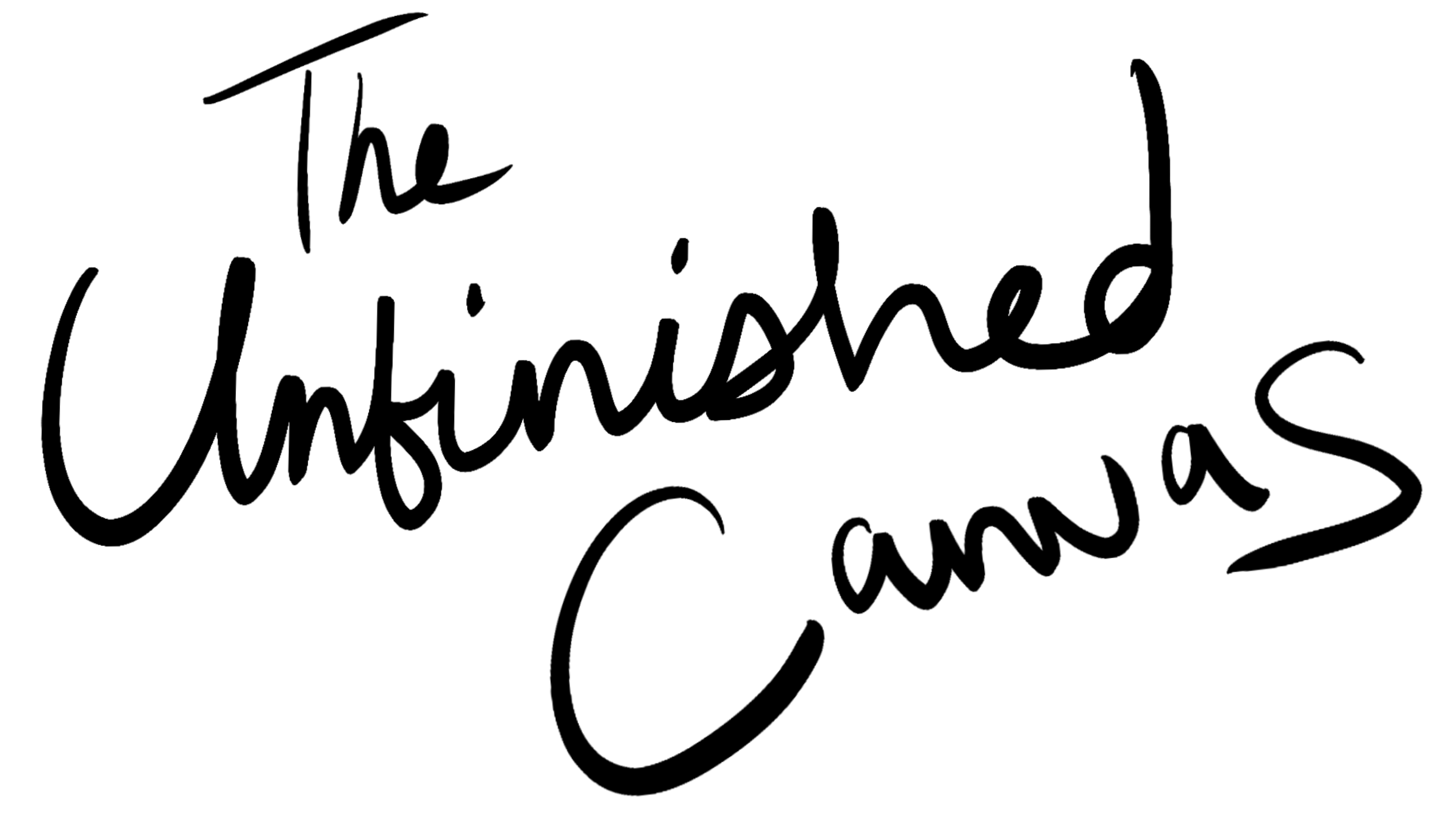Quitting the Social Media Drug: Why I Recently Deactivated Instagram and Facebook
Photo by ROBIN WORRALL on Unsplash
Getting Off the Drug: Deactivating Instagram and Facebook
I’ve been on and off social media since I made my first account in the early 2010s—always with the same goal: to promote my art. Even back then, the payoff of posting wasn’t obvious. There were moments when it felt promising, but ultimately, it never led to tangible career growth. The psychological toll of constantly scrolling, comparing, and chasing engagement made it even worse. So, much to the criticism of my community, I would delete my accounts. Then, a couple of years later, I’d feel the pressure to return.
Anyone who knows me knows this cycle well: I join social for a couple of years, then I leave for a couple of years. And yes, I fully admit that this inconsistency has hurt my visibility on these platforms. But I also know that social media just doesn’t work with my brain or my personality. I’ve experimented with different engagement methods, tried to play the game, and every time, I end up feeling gross. I compare myself to others. I start to believe that maybe I’m just not the kind of person people want to engage with. Maybe my art isn’t good enough, and I’m just kidding myself.
So, here I am again—deactivating. But this time, I’m determined to find a new path. A real, tangible way to connect with the art world that doesn’t leave me feeling drained and defeated. It’s definitely harder to do in a new country, where I’m still learning the language, but I have hope.
The Myth of Social Media Success
There’s a huge, unspoken truth about social media that more artists are beginning to acknowledge: for most of us, it doesn’t work.
Lauren Panepinto, in her blog post Can You Have an Art Career Without Social Media?, points out that both paths—being active on social or ignoring it completely—are legitimate. She’s worked with successful artists who have social media and others who don’t. But the interesting part? Many of the successful artists who do use Instagram aren’t actually that active. They’re too busy making art and running their businesses.
Anna Heimkreiter, in her post Social Media Is Bad for Artists (And We All Know It), explains how artists pour massive amounts of time into these platforms with little to no return—turning social media into an unpaid full-time job. She highlights a Mamsy study showing that Instagram posts have only about 21 hours of visibility before disappearing, and, unlike YouTube, where content remains searchable, once an Instagram post fades, it’s gone. By contrast, Pinterest offers around four months of visibility, and blog posts can stay relevant for up to two years.
If social media isn’t actually helping artists build sustainable careers, then why are we told it’s the key to success?
The answer is simple: because it profits the platform, not us.
The Trap of Social Media Engagement
Beyond the business side of things, social media can be a psychological trap. It gives the illusion of productivity. Posting a new painting or sharing a process video feels like an accomplishment—like I’ve taken a step forward in my career. But when I step back and look at the results, I realize I’ve spent hours editing and posting, only to receive a handful of likes and comments from the same small circle of people who’ve been following my work for years.
I appreciate and value their support, but is it really worth the time when I am not seeing any growth or sales? It just isn’t sustainable.
And then there’s the damage to attention spans. We all know it by now—social media platforms are designed to be addictive. Companies are making money not just from our engagement but are now profiting from helping people with social media and dopamine addiction. I’ve been inspired by things I’ve seen on social, sure. I’ve learned from artists I admire. But the rapid-fire nature of these platforms is rewiring how we consume information, making us more distracted, more impulsive, and—frankly—more gullible.
I don’t want that.
My Biggest Fear: Marketability
One of my biggest fears in quitting social media is losing visibility. I have a colouring book coming out in the next few months, and I have no idea how I’m going to market it without Instagram. The fear is real: What if no one finds it? What if I’m sabotaging my own success?
But logically, I know there are other ways. Artists have been selling their work for centuries without Instagram. I plan to write about this process—the strategies I test, the successes (or failures) I experience—as I figure out how to promote this book without relying on social media. If you have ideas, I’m open to hearing them. This is new territory for me, and I’m learning as I go.
What I’m Doing Instead of Social Media
So, what now? How do I build my art career without Instagram or Facebook?
For now, here’s my plan:
Continue to build a cohesive body of work that I want to exhibit.
Reach out directly to art directors and curators through cold emails.
Connect with local businesses that might be interested in displaying my work.
Apply for international shows, competitions, and portfolio reviews.
Write guest articles for established blogs to share my insights.
Request interviews and features in different art magazines and online publications.
This approach requires more effort, but the payoff feels more real. I’d rather invest my energy in meaningful connections and long-term career moves than getting caught in an endless loop of content creation for an algorithm that doesn’t care about me.
Final Thoughts
I know this post is heavily critical of social media, so I want to acknowledge that it’s not all bad. It provides a sense of community, accessibility, and connection. It has, at times, been an inspiring and educational space.
But for me—and, I believe, for many others—the negatives outweigh the positives.
So, I’m stepping away. Maybe for good this time. I’ll keep you updated on whether this decision helps or hinders my journey.
If you’re an artist who has left social media (or is thinking about it), I’d love to hear your thoughts. How do you navigate marketing and visibility without it?


